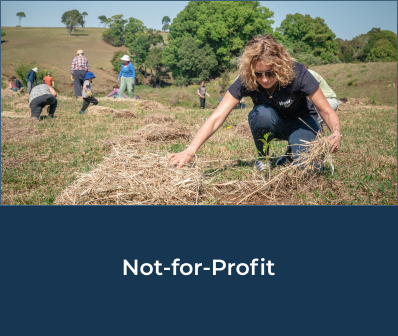If your business is considered a Mortgage Lending Entity, effective October 11, 2024, you will be subject to Anti-Money Laundering and Anti-Terrorist Financing (AML/ATF) regulations, specifically related to the Proceeds of Crime (Money Laundering) and Terrorist Financing Act (PCMLTFA). In October, Mortgage Lending Entities will be considered “Reporting Entities” with obligations to report to the Financial Transactions and Reports Analysis Centre of Canada (FINTRAC).
Who is Considered a Mortgage Lending Entity:
Mortgage Lending Entities include the entities below and function as such in a business capacity.
- Mortgage Administrator: Person or entity, other than a financial entity, that is engaged in the business of servicing mortgage agreements on real property or hypothec agreements on immovables on behalf of a lender;
- Mortgage Broker: Person or entity that is authorized under provincial legislation to act as an intermediary between a lender and borrower with respect to loans secured by mortgages on real property or hypothecs on immovables; and
- Mortgage Lender: Person or entity, other than a financial entity, that is engaged in the business of providing loans secured by mortgages on real property or hypothecs on immovables.
If your business falls within any of the categories above, you will be considered a Reporting Entity.
Key Requirements for Reporting Entities:
Reporting entities are required to maintain specific programs and records to ensure compliance with the AML/ATF regulations. These requirements include the elements below.
- Implementation of a Compliance Program: Requirement to develop a compliance program with specific elements ranging from the appointment of a compliance officer to undergoing risk assessments and developing policies, procedures, and relevant training.
- Transaction Reporting: Depending on the transaction type, reports will be required to be submitted to FINTRAC, including: (1) Suspicious Transaction Reports, (2) Terrorist Property Reports, (3) Large Cash Transaction Reports and (4) Large Virtual Currency Transaction Reports.
- Record Keeping: Records must be kept in relation to certain transactions and records pertaining to specific clients.
- Know Your Client: Verification of persons and entities with whom you have a business relationship and the establishment of third-party relationships. Further verification is also required for higher risk persons or entities (i.e., politically exposed persons).
- Consideration for Ministerial Directives: Further requirements may be implemented for transactions to/from specific jurisdictions.
Penalties for non-compliance can range anywhere from $1,000 to $500,000 per violation, depending on the severity of each violation. Further, the changes stated herein will come into effect 12 months after the final publication, which is October 11, 2024. Mortgage Lending Entities should be ready within this timeframe as any reviews by FINTRAC after this date will be subject to the AML/ATF regulations.
It is also important to note that some Reporting Entities are required to undergo a risk assessment every two years to test the effectiveness of their AML/ATF compliance program.
GG Observations:
Our team of professionals is comprised of Anti Money Laundering Specialists (CAMS) who have extensive experience supporting our clients with the implementation of a robust AML/ATF compliance program. We have also conducted bi-annual risk assessments of a Reporting Entity’s AML/ATF compliance program. If you have any questions regarding this recent change, please reach out to us and we would be happy to guide you through the process.




























